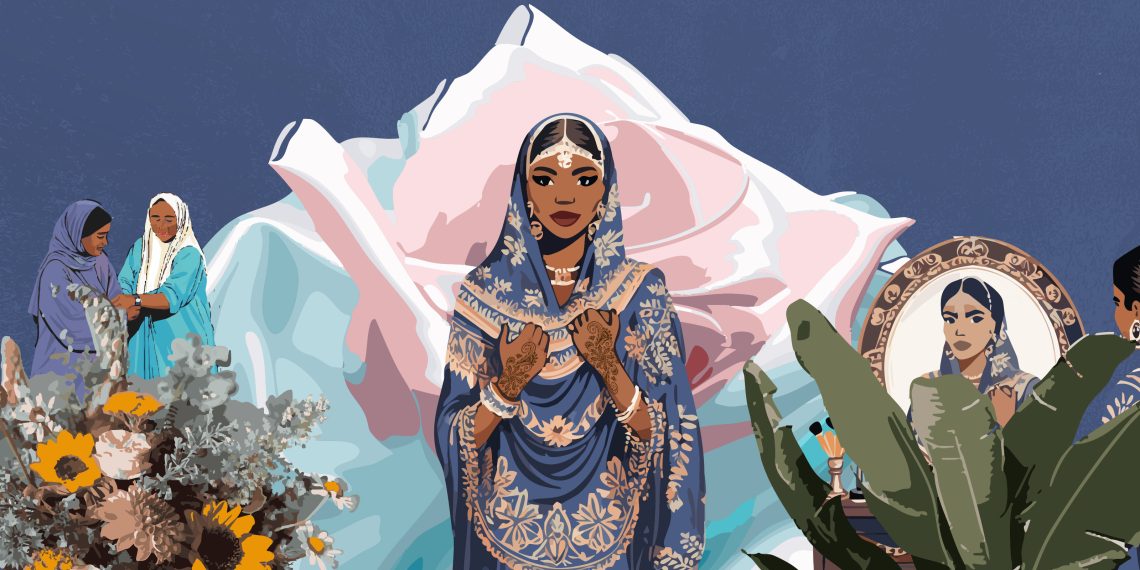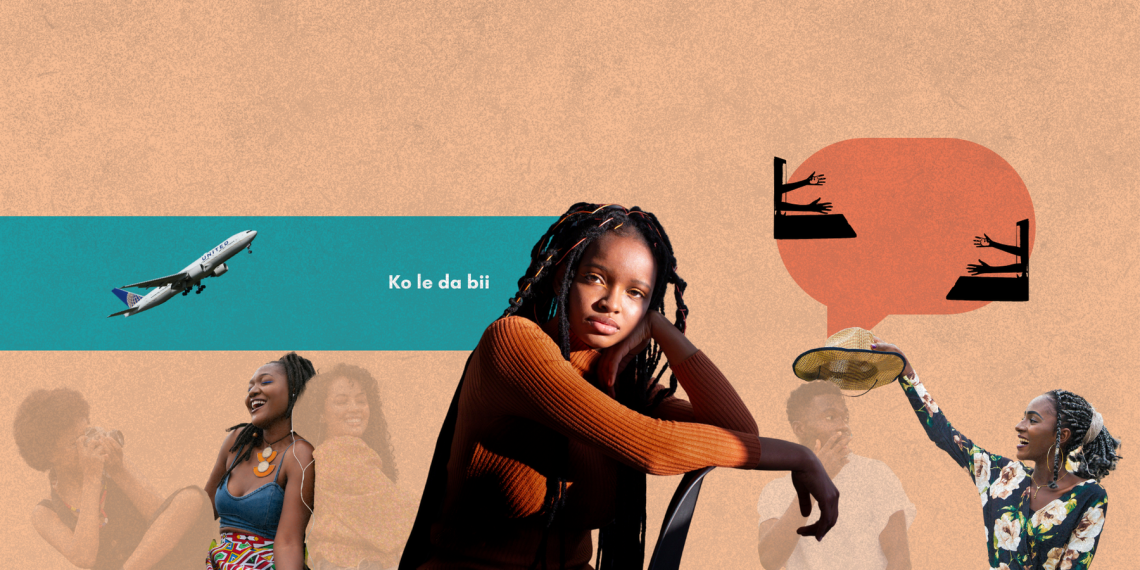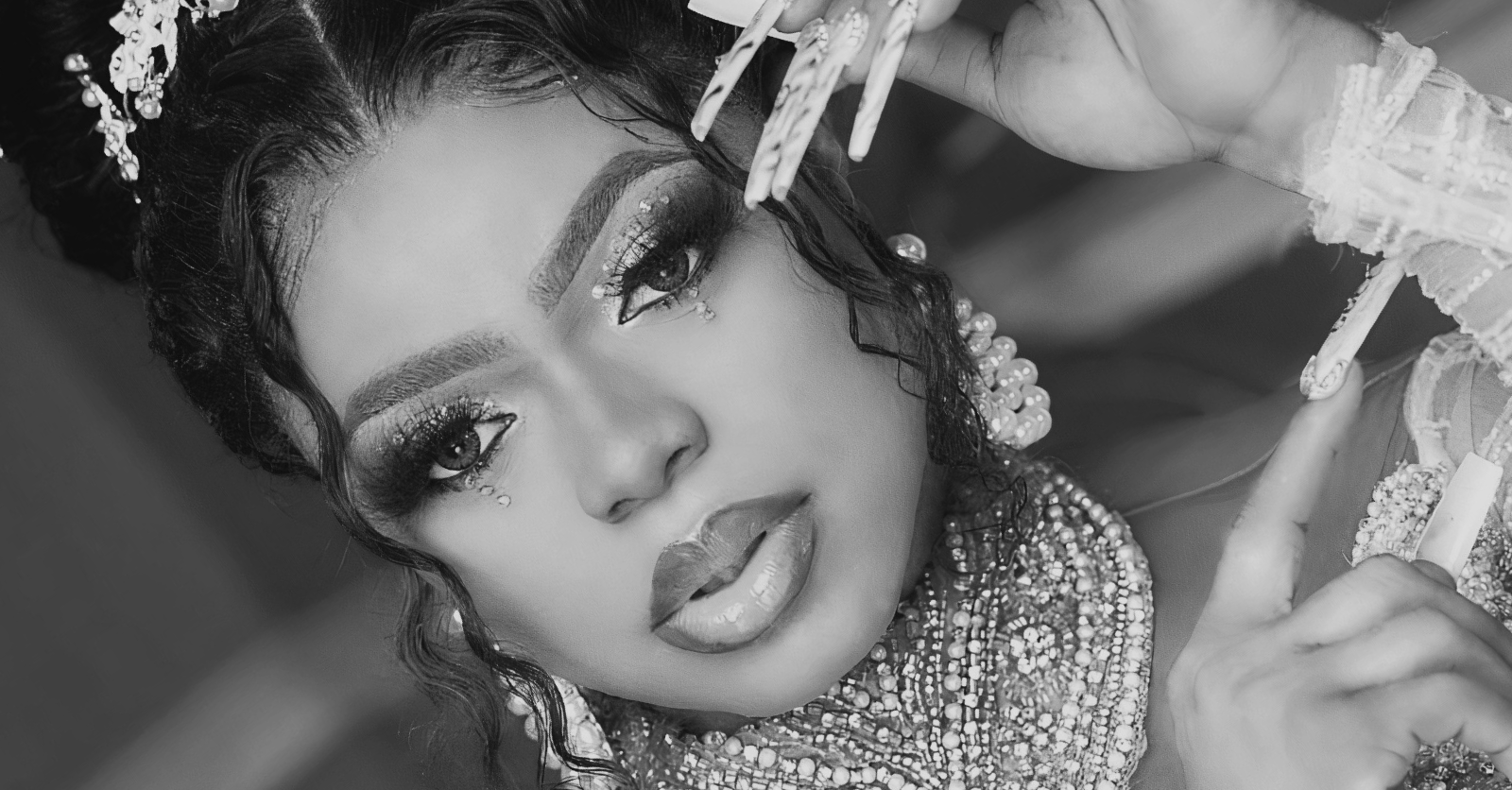Culture & Society
‘I Only Want to Write Things I Can Be Proud Of’ Oyindamola Depo-Oyedokun’s First Draft
Author of ‘Don Jazzy Global Machine’, Oyindamola Depo-Oyedokun believes brilliant storytelling lies in the writer’s ability to connect readers with the narrative. Read More...
THE MYSTICAL ART OF RAINMAKING
While Niyi Akinmolayan’s Rainmakers emerges as a bold foray into African mysticism, the film struggles to faithfully depict the ritual art of rain calling. Read More...
The Swimmer
‘Here I was on a Sunday morning, sober, alone, in the river without doing anything, just lying on my back, the water holding me.’ An excerpt from Olumide Popoola’s novel, Like Water Like Sea. Read More...
7 Nigerian Books Set Outside Lagos
In our latest book recommendation, we have compiled a list of seven books that will take you outside Lagos. These selections offer glimpses into other parts of Nigeria, guiding readers on a journey through the various settings that shape the nation’s socio-cultural life. Read More...
The Perfect Target
Bobrisky’s swift descent from social prominence to the confines of Kirikiri Maximum Security Prison is a stark reminder that no amount of wealth or status can fully insulate LGBTQ+ individuals from the pervasive forces of transphobia and homophobia in Nigeria. Read More...
Nigeria Imaginary
Our latest issue, Nigeria Imaginary, considers the restorative potential of Nigerian art and invites readers to explore the Nigeria Pavilion at the 2024 Venice Biennale, plus more. Read More...
Toyin Ojih Odutola’s Theories of Place
The Nigeria Pavilion at the 2024 Venice Biennale brings together artists who are diverse in their styles, influences, affiliations with place, and interpretations of nationhood and history. Among them is Toyin Ojih Odutola, whose artistic instincts already bypass easy conceptions of place, belonging and history. Read More...
Yinka Shonibare and the Case for Nigeria at the Venice Biennale
Through Yinka Shonibare CBE RA, the Nigeria Pavilion at the 2024 Venice Biennale presents a Nigeria that is more about routes than roots. A Nigeria that diagnoses its struggles with intricately imagined jokes while holding up a mirror to structural violence and broken promises. And a Nigeria that allows its children to return again and again in an ever-expanding array of visions and alternative futures. Read More...
Ndidi Dike’s Thesis on the Nigerian Condition
‘Nigeria Imaginary’, the theme of the Nigeria Pavilion at the 2024 Venice Biennale, is a daring call to not just imagine Nigeria as a restored entity but to also dream its future into reality. Through Ndidi Dike, viewers experience the distinctly Nigerian desire to connect what Nigeria once was, what it is now and what it might become. Read More...
Who Will Bury Mr. Taiwo?
It took the Nigerian government 51 years to formally honour Taiwo Akinkunmi, the man who designed the Nigerian flag. Now, months after his death, his body remains in a morgue as his family awaits a state burial. Read More...
















